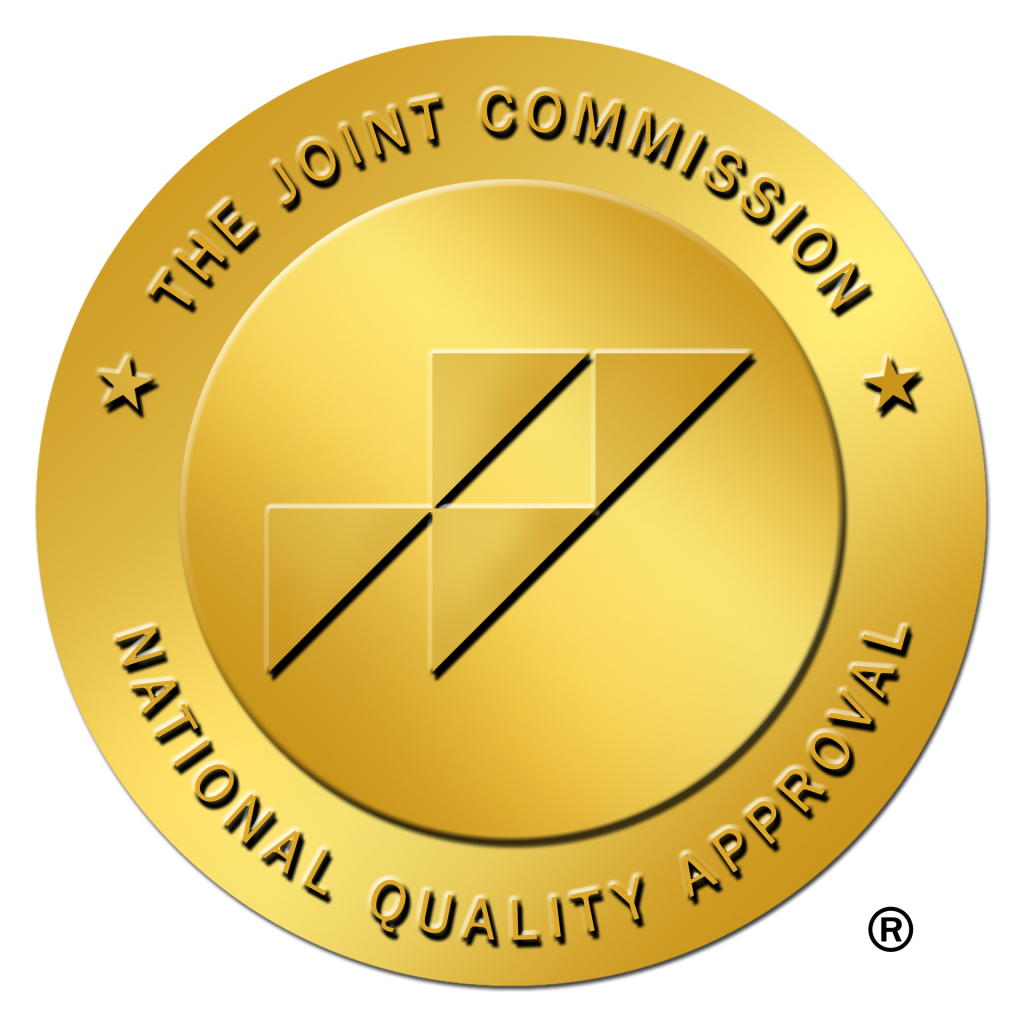Alcohol Addiction Treatment Center in New Jersey
Alcohol Rehab NJ
Break free from alcohol’s grip with our specialized outpatient programs in New Jersey. We understand that every journey is unique, which is why we’re here to walk alongside you every step of the way.
Our team at New Chapter Recovery combines proven clinical methods with heartfelt compassion to craft a treatment strategy that honors your individual path to wellness.
Your transformation begins today. Reach out to explore our programs and take that crucial first step toward the healthy, fulfilling life that’s waiting for you.

Don’t Let Alcohol Addiction Take Any More Of Your Life

Understanding Alcohol Abuse
What To Know About Alcohol Addiction
Alcohol’s widespread availability and cultural acceptance can obscure its serious addictive potential. What begins as social drinking or stress relief can gradually evolve into physical dependence, where the body requires larger quantities to achieve the same effects or function normally.
As the brain adapts and tolerance builds, this creates a chemical imbalance that triggers cravings and withdrawal symptoms when drinking stops.
Chronic use damages the liver, heart, and nervous system while impairing judgment and memory. Sudden cessation without medical oversight can cause dangerous complications, including tremors, hallucinations, and seizures.
However, hope exists for everyone struggling with this condition. With proper support, individuals can successfully rebuild their lives and discover genuine happiness in sobriety.
Recognizing Alcohol Overuse
Alcohol Addiction Symptoms
Alcohol abuse manifests through a range of behavioral, physical, and psychological warning signs that often develop gradually over time. Understanding these symptoms can help identify when drinking has progressed beyond casual use.
Watch for symptoms like:
- Loss of control over how much you consume
- Repeatedly trying to cut back or stop without success
- Spending excessive time drinking or recovering
- Experiencing strong cravings throughout the day
- Failing to meet work, school, or family obligations
- Continued use despite personal or legal problems
- Physical discomfort or anxiety during withdrawal
Identifying these patterns signals the need for professional support. The sooner treatment begins, the more effective it becomes at breaking the cycle of dependency and restoring healthy living.


Outpatient Rehab Programs
Tailored Alcoholism Treatment in NJ
Alcohol addiction treatment is a complex journey with no one-size-fits-all approach. Individuals facing substance use disorder benefit from comprehensive therapeutic support and structured programs that seamlessly integrate into their existing responsibilities and lifestyle.
Our experienced team of licensed professionals collaborates closely with each client to create a tailored plan targeting both the symptoms of dependence and the underlying factors that contribute to addictive behaviors.
Alcohol treatment is part of the following programs:
About Our Treatment Center
What to Expect from Our Alcohol Recovery Program
Successful alcohol recovery extends far beyond managing withdrawal symptoms and physical detoxification.
At New Chapter Recovery, we understand that true healing encompasses every aspect of your well-being. Through evidence-based therapies combined with holistic support, we empower clients to develop the tools, coping strategies, and resilience needed for sustained recovery and personal growth.
Our approach helps clients:
- Ease Withdrawal Symptoms from Alcohol Use
- Manage Physical Cravings During Recovery
- Build a Successful Relapse Prevention Plan
- Stay Engaged at Home, Work, or School

Call Now To Reach Our Alcohol Addiction Treatment Center In New Jersey
Don’t wait for alcohol addiction to take any more of your life from you
Some Of Our Alcophol Addiction Treatment Reviews of Success
EXCELLENT
New Chapter Recovery Will Take You From Hurting To Healing In Four Simple Steps
Phone Consultation
When you call our confidential helpline for alcohol treatment nj, you will speak with a member of our caring and compassionate staff about your individual needs and discuss treatment options that would work for you.
Insurance Verification
We will verify if your insurance plan covers outpatient services for substance abuse and addiction treatment at our facility or we will help refer you to one of our close partner outpatient treatment facilities in New Jersey.
Program Intake
You meet with one of our licensed professionals to create a tailored treatment plan specifically for your needs that will help you heal and get back to life while beginning to build relationships with our caring and compassionate staff.
Relapse Management
We work together on your successful outpatient program, helping you heal before receiving your outpatient recovery program certificate. With continued alumni programs and support groups you are always part of our family!
Why Choose
New Chapter Recovery?
If you need alcohol addiction treatment in NJ, we will help you make the next chapter of your life the best chapter of your life… So far!
Professional Medical Staff
Our staff are fully and dually licensed for substance use in our iop programs and more.
Recovery Community
At New Chapter Recovery we are dedicated to treating everyone who walks in our doors like family.
Addiction Treatment While Living At Home
Intensive treatment at our treatment center helps our clients in their continuum of care when leaving residential treatment, or if they are not at the level of substance use needing inpatient services at a residential treatment center.
Alcohol Addiction Treatment
Frequently Asked Questions
What therapeutic approaches do you use in treatment?
We utilize a variety of research-backed therapies, including Cognitive Behavioral Therapy (CBT), Dialectical Behavior Therapy (DBT), and motivational interviewing. We also incorporate mindfulness practices, stress management techniques, and experiential activities. Treatment plans are customized based on individual needs and preferences.
Can I continue working while in treatment?
Yes, our outpatient programs are specifically designed to accommodate work and school schedules. We offer flexible appointment times, including evening and weekend sessions.
Many clients successfully maintain their employment throughout treatment, which often provides stability and purpose during recovery. We work with you to create a schedule that balances treatment needs with professional responsibilities.
What happens if I relapse during treatment?
Relapse is often part of the process and doesn’t mean treatment has failed. If it happens, we will provide additional support and may modify the therapy modalities used. Your attentive team will immediately adjust your plan to address any underlying issues that contributed to the setback. The focus remains on learning from the experience and strengthening your recovery foundation.
How do you help prevent relapse after completing the program?
Our comprehensive treatment includes a relapse prevention program, designed to teach clients how to identify personal triggers, develop healthy coping mechanisms, and build a strong sober support network.
We also develop tailored aftercare plans that include ongoing therapy sessions, support group connections, and regular check-ins with our clinical team. The transition from active treatment to independent recovery is gradual and well-supported.
Do you offer support for loved ones?
We strongly encourage family involvement in the recovery process through dedicated family therapy sessions. Healing often extends beyond the individual to include repairing and strengthening close personal relationships.
Our therapists help loved ones understand addiction, improve communication patterns, and rebuild trust. We also provide educational resources.
Can you treat co-occurring mental health disorders?
Yes, we specialize in dual diagnosis treatment for clients with both addiction and mental health conditions like depression, anxiety, or PTSD. Our licensed clinicians are trained to address these interconnected issues simultaneously rather than treating them separately. This integrated approach leads to better outcomes since mental health symptoms often contribute to substance use.
